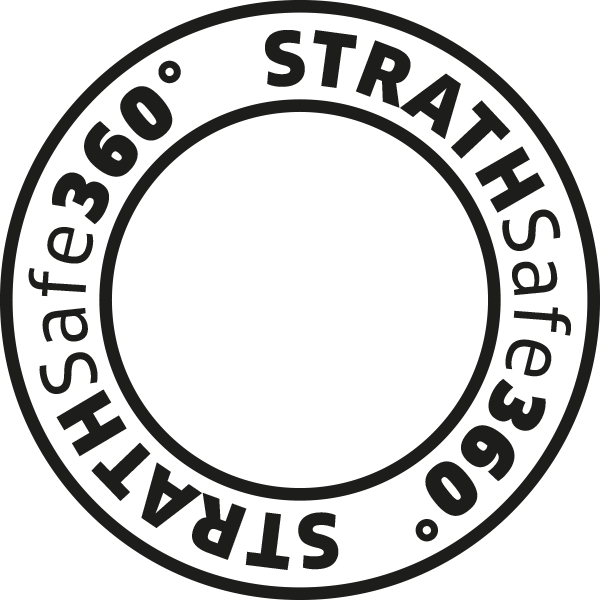2.1 Responsibilities
The University Compliance Officer is the Lead for the overall Safe360°™Safeguarding Framework and is responsible for the application of the procedures associated with this Policy.
Approval of this Policy and procedures is authorised by the Equality, Diversity and Inclusion Committee, followed by Staff Committee and Court (Staff) or Education Strategy Committee and Senate (Students). A consolidated and anonymised dashboard of safe-related incidents and concerns is regularly produced for Executive Team by Security, Safety, Health and Wellbeing and Student Experience. It is shared with key committees in order that a responsive structure of support is supervised and continually discussed at senior level.
The Director of Student Experience is responsible for the day-to-day management of the Safeguarding Policy and implementation of related procedures and support for matters relating to students.
The Director of Human Resources is responsible for supporting staff with safeguarding concerns, the procedures relating to disclosures, allegations or reports involving staff, including support sought by staff.
The Report and Support Response Team of key contacts are promoted widely for disclosures, reporting, support, or guidance relating to a safeguarding incident for any member of the University community.
The University of Strathclyde expects partner organisations of the University to have their own safeguarding policies and child protection reporting procedures in place. Strathclyde University representatives should never be complacent. University staff must always demonstrate leadership in checking for and applying risk assessment to interrogate safeguarding processes.
